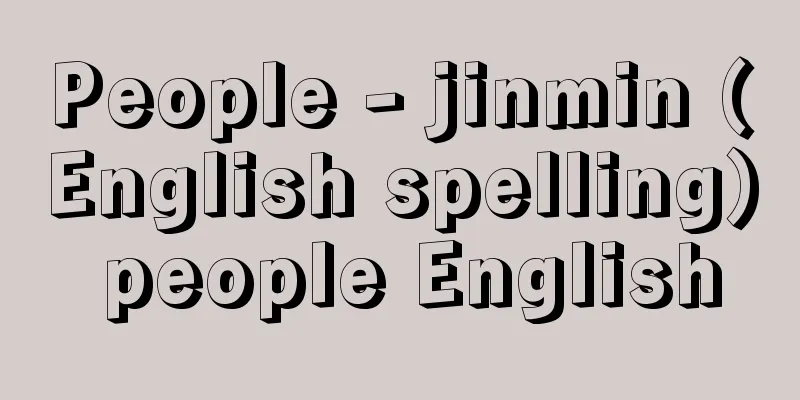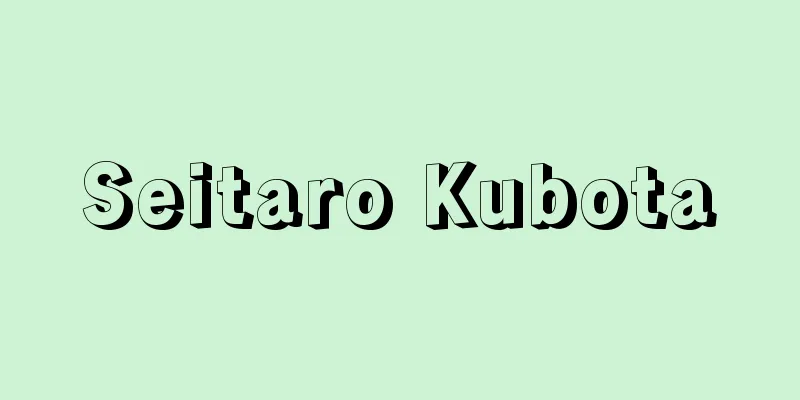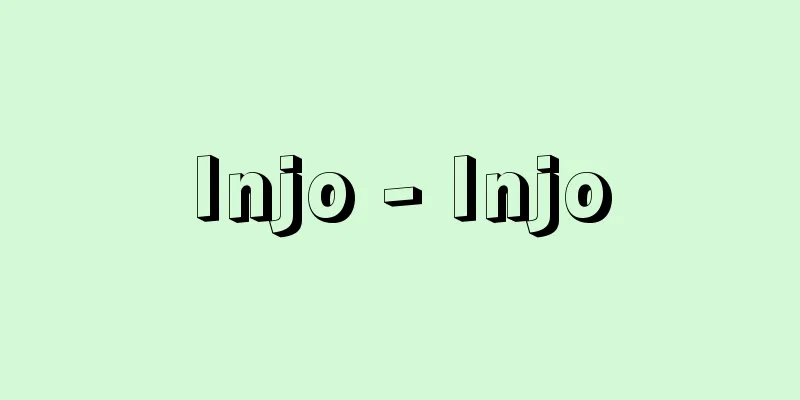People - jinmin (English spelling) people English

|
This word has been given various meanings depending on historical and social circumstances, but today it is generally used to refer to the people who make up a particular society or nation, especially those who are ruled by a ruler, regardless of their social status, class, or wealth. Etymologically, the word originates from the Latin word populus, and originally the people simply referred to those who stood in opposition to the aristocracy who exercised political rule, and were not necessarily seen as an "internal" entity that made up a society or nation. It was only after the French Revolution that the word came to be seen as an "internal" entity that makes up a society or nation, as it is today. During the French Revolution, the so-called petty bourgeoisie, workers, and peasants were referred to as the people, but gradually the term came to be used broadly to refer to all those who were governed and made up society and the state. Along with this, the idea that the governed could ultimately exercise control over the rulers, the idea of popular sovereignty in modern democracy, Lincoln's "government of the people, by the people, for the people," was established. Generally, people are called citizens when they have a legal relationship with the state and are not only subject to the state's rule but also active members of the state. Furthermore, when people awaken to a sense of unity and recognize that they share a common destiny, in other words, when they awaken to nationalism, they are called citizens. [Yoshifumi Tanito] Source: Shogakukan Encyclopedia Nipponica About Encyclopedia Nipponica Information | Legend |
|
このことばには、歴史・社会の状況に応じてさまざまな意味が与えられてきたが、今日では一般に、特定の社会ないし国家を構成する人々、とくに、支配者に対する被支配者を、社会的地位・階級・財産にかかわりなく人民と称している。語源的にはラテン語のpopulusに発し、本来は、政治支配を行う貴族に対立する存在を単に人民と称し、社会ないし国家を構成する「内的」な存在としてはかならずしもとらえられていなかった。社会や国家を構成する「内的」な存在として、今日のようにとらえられるようになったのは、フランス革命後のことである。 フランス革命時においては、いわゆる小市民層・労働者・農民などを人民と称していたが、その後徐々に、社会や国家を構成する被支配者を広く人民と称するようになった。さらにそれに伴い、被支配者が支配者に対し究極的には統制を加えることができるという考え、いわゆるリンカーンの「人民の、人民による、人民の政治」という近代デモクラシーの人民主権の考えが確立するのである。一般には、人民が国家との間で法的な関係をもち、国家の支配の対象であるのみならず、国家の積極的な構成員となるとき市民と称している。さらに、人民が一体感に目覚め、共通の運命をもっていることを認識する存在、つまりナショナリズムに目覚めた存在になると、国民と称している。 [谷藤悦史] 出典 小学館 日本大百科全書(ニッポニカ)日本大百科全書(ニッポニカ)について 情報 | 凡例 |
Recommend
Western sweets - Yogashi
A general term for sweets of Western origin, and ...
Incite
〘Ta Ra 4〙 Use the stirrups to kick the horse's...
Rolling - Atsuenn (English spelling)
This is a metal processing method in which a meta...
Delinquency
…Therefore, it is a social (legal) concept that i...
Salala (English spelling)
...Due to the influence of the monsoon, the rainy...
Competitive sports
…If we look at an old British “Sports Dictionary ...
Tokachi Plain - Tokachi Heiya
A plain that spreads across the Tokachi River bas...
Usachevsky, V.
...They consider silence to be an important eleme...
ALÖ (English spelling) ALO
...It has been pointed out that the growing fisca...
Geraniol - Geraniol (English spelling)
A representative acyclic monoterpene alcohol with...
Electrical measurement
This is the general term for the technology of me...
Orum - Orum
→ Newt Source : Heibonsha Encyclopedia About MyPed...
Swat (English spelling)
The name of a region centered on the Swat Valley i...
Sculpture - Chokoku
A field of plastic arts. In the past, in Japan, t...
Guareschi, G.
…the protagonist of the Don Camillo series by the...









